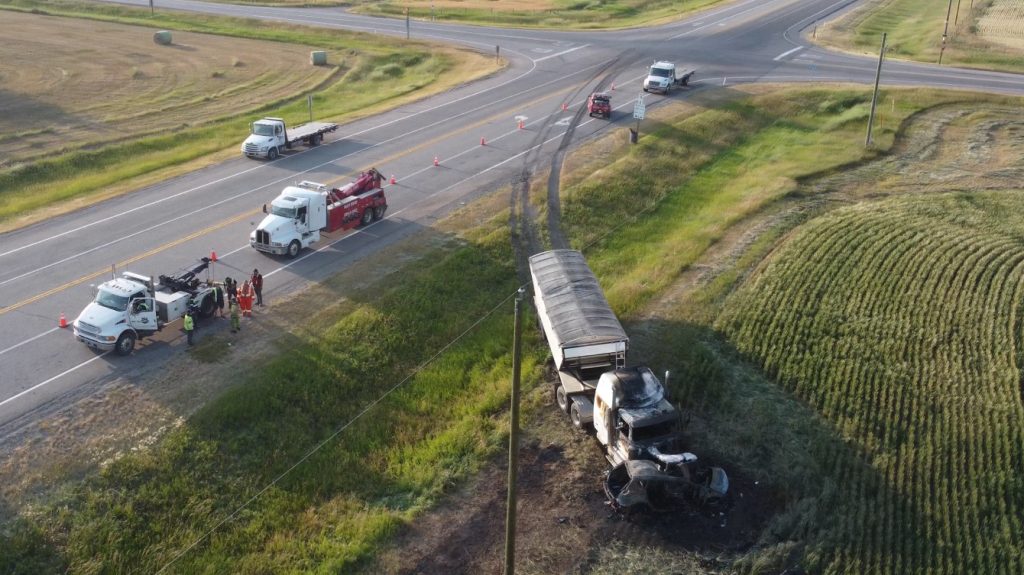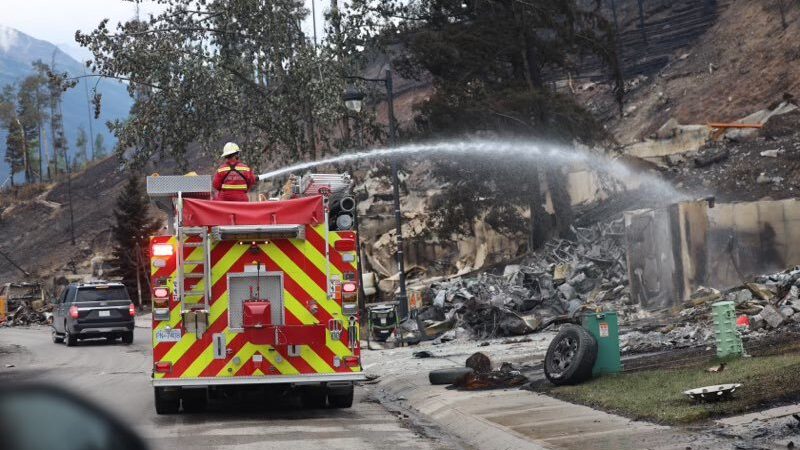More than 20,000 healthcare, social assistance jobs lost in Calgary last year: StatsCan

Posted Feb 9, 2024 11:37 am.
There’s been a big shift in healthcare and social services in Alberta, especially in Calgary, according to recent data from Statistics Canada.
The number of people employed in Calgary’s healthcare and social assistance workforce went down dramatically in the last year, a far cry from what was seen elsewhere in the province, like in Edmonton and Lethbridge.
Data published Friday says in January 2023 there were 121,900 people employed in Calgary’s healthcare and social assistance fields, and by December, that number had plummeted to 101,200.
Edmonton, on the other hand, started the year with 108,100 people working in healthcare and social assistance and ended it with 124,400.
Lethbridge also saw an increase from 10,500 to 12,700 in a 12-month period.
Jobs included in this are those working at hospitals, nursing homes and other residential care facilities, emergency medical and ambulance personnel, as well as those employed in counselling, welfare, and child protection.
But now the big question is, where did all of the staff go?
These changes happened amidst restructuring done by Alberta Health Services into different branches.
This is also the same time that the province promised to begin filling up rural healthcare shortages by investing nearly $160 million to address a lack of healthcare workers around the province.
CityNews has reached out to experts and the province to get comment on the situation and has yet to receive a response.
However, in a statement released Friday morning, Alberta’s Minister of Jobs, Economy, and Trade Matt Jones, boasted Alberta’s economic strength highlighted in the January 2024 Labour Force Survey.
Jones says that the addition of 23,800 jobs last month builds on the progress seen last year.
“Alberta’s economy is expected to remain one of the strongest in Canada in 2024, and jobs are a critical part of this,” he said, in part. “This is all thanks to the Alberta Advantage.”
“Our competitive tax rate, highly skilled workforce, abundant natural resources and world-class education system mean we will continue to be the economic engine of Canada.”








